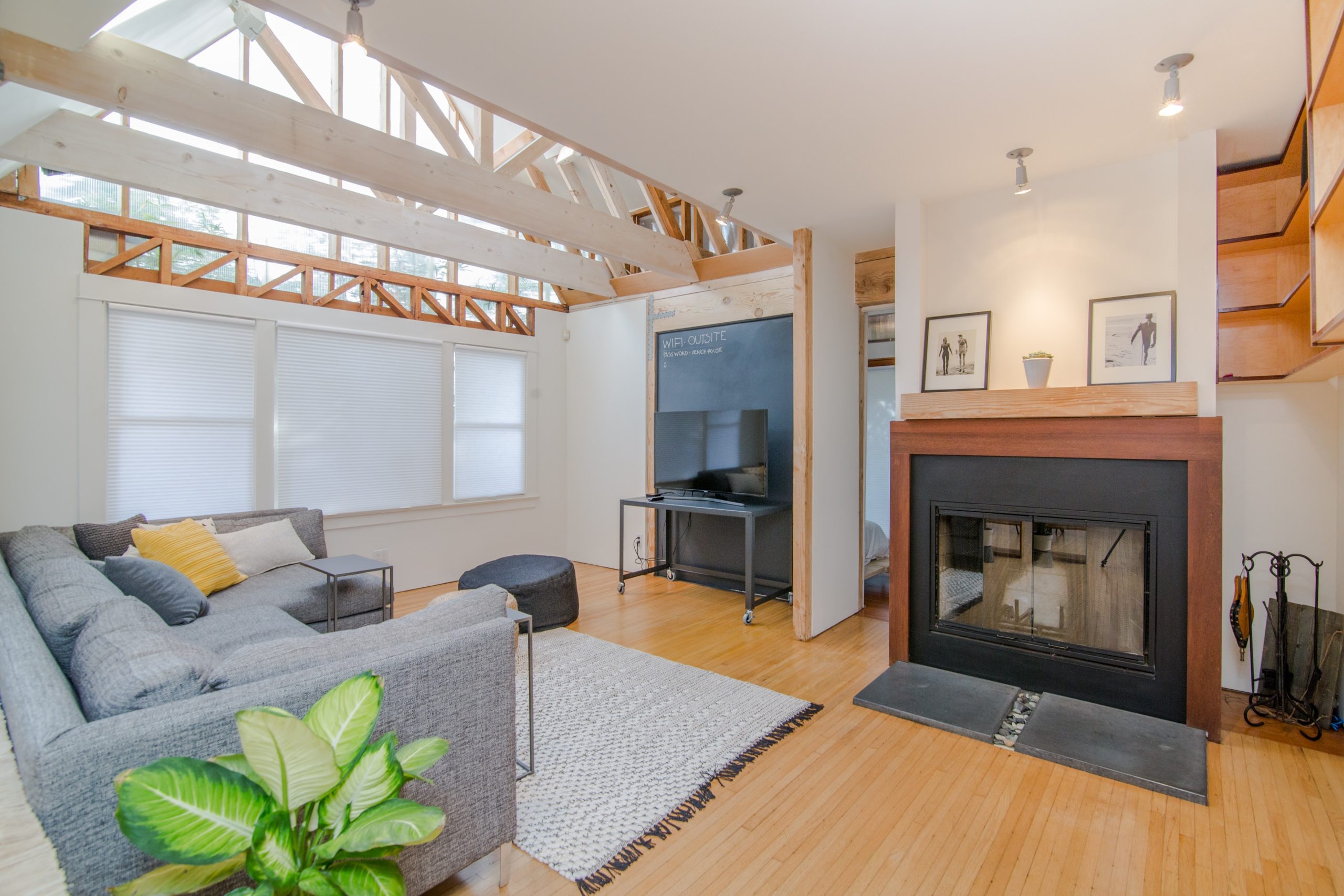Home insurance
Welcome to our blog post all about home insurance! Whether you’re a new homeowner or have been in your house for years, understanding the importance of home insurance is crucial. Your home is not only where you live and create memories, but it’s also one of your biggest investments. Protecting it should be at the top of your priority list. In this article, we’ll dive into the different types of coverage available, how to choose the right policy for your needs, factors that can affect your rates, and some helpful tips for lowering your premiums. So let’s get started on securing peace of mind and safeguarding what matters most – your home!
Importance of Home Insurance
Your home is more than just a building; it’s a sanctuary where you feel safe and secure. But what if the unexpected happens? Imagine a fire, flood, or theft that leaves you with significant damage to your property. Without proper insurance coverage, you could be left facing overwhelming expenses on your own.
This is where home insurance comes in – it provides financial protection against potential risks and ensures that you can rebuild or repair your home when disaster strikes. Home insurance covers not only the physical structure of your house but also your personal belongings inside it.
Additionally, liability coverage is an essential component of home insurance. Accidents can happen at any time, and if someone gets injured on your property, you could face legal consequences without adequate liability coverage.
Having comprehensive home insurance brings peace of mind knowing that regardless of what happens – whether it’s a natural disaster or unforeseen circumstances–you have the support to recover financially and get back on track.
Remember: investing in good-quality home insurance today means safeguarding yourself from potentially devastating costs tomorrow. It’s always better to prepare for the unexpected rather than being caught off guard!
Types of Home Insurance Coverage
Types of Home Insurance Coverage
When it comes to protecting your home, having the right insurance coverage is crucial. There are different types of home insurance policies available in the market, each offering varying levels of protection. Understanding the different types of coverage can help you make an informed decision and ensure that your most valuable asset is adequately protected.
1. Dwelling Coverage: This type of coverage provides financial protection for the structure of your home itself, including any attached structures such as garages or porches. It typically covers damage caused by fire, vandalism, storms, and other covered perils.
2. Personal Property Coverage: This coverage protects your personal belongings inside your home, such as furniture, appliances, electronics, and clothing. In case of theft or damage from covered perils like fire or water leaks, this policy can provide compensation for their replacement or repair.
3. Liability Coverage: Liability coverage is essential for homeowners as it protects you financially if someone gets injured on your property and sues you for damages. It can cover medical expenses and legal fees associated with such incidents.
4. Additional Living Expenses Coverage: If a covered peril renders your home uninhabitable temporarily while repairs are being made, additional living expenses coverage helps pay for alternative accommodation like hotel stays or rental costs during that time.
5. Medical Payments Coverage: This type of coverage pays for medical expenses if someone gets injured on your property regardless of who was at fault. It can cover costs like ambulance fees or hospital bills up to the specified limit in the policy.
Choosing a comprehensive home insurance policy that offers these types of coverages is vital to safeguarding yourself against unforeseen circumstances that could lead to financial loss.
How to Choose the Right Home Insurance Policy
When it comes to choosing the right home insurance policy, there are a few key factors to consider. First and foremost, you’ll want to assess your needs and determine what type of coverage is necessary for your specific situation. Are you a homeowner or renter? Do you live in an area prone to natural disasters? These are all important questions to ask yourself before making a decision.
Next, it’s crucial to do some research and shop around for different policies. Don’t just settle for the first option that comes your way. Take the time to compare rates, coverage limits, deductibles, and any additional features or benefits offered by each insurer.
Another important aspect of choosing the right home insurance policy is understanding the terms and conditions outlined in the policy documents. Make sure you read through them carefully and ask any questions if something is unclear or confusing.
Additionally, consider seeking advice from professionals in the industry such as insurance brokers or agents who can provide guidance based on their expertise.
Don’t forget about customer reviews and reputation when selecting an insurance provider. Look for companies with positive feedback from customers regarding their claims process, customer service, and overall satisfaction.
Choosing the right home insurance policy may seem like a daunting task at first but taking these steps will help ensure that you find adequate coverage that meets your needs while also fitting within your budget. So take some time to evaluate your options carefully – after all, protecting your most valuable asset deserves careful consideration!
Factors that Affect Home Insurance Rates
Factors that Affect Home Insurance Rates
When it comes to home insurance rates, there are several factors that can impact how much you will pay for coverage. One of the main factors is the location of your home. If you live in an area prone to natural disasters such as hurricanes or earthquakes, you can expect to pay higher premiums.
The age and condition of your home also play a role in determining your insurance rates. Older homes may have outdated electrical systems or plumbing, which could increase the risk of fire or water damage. This means higher premiums for homeowners with older properties.
Another factor that affects home insurance rates is the amount of coverage you choose. If you opt for a policy with high limits and comprehensive protection, you’ll likely have higher premiums compared to someone who chooses minimal coverage.
Insurance companies also consider your claims history when calculating your rates. If you’ve filed multiple claims in the past, insurers may see you as a higher risk and charge more for coverage.
Credit score can influence home insurance rates. Insurers often take into account credit history when determining premiums because research has shown a correlation between lower credit scores and increased likelihood of filing claims.
It’s important to keep these factors in mind when shopping for home insurance so that you can make an informed decision about what type and level of coverage is right for your needs without breaking the bank on monthly premium payments.
Tips for Lowering Your Home Insurance Premiums
In today’s uncertain world, having the right home insurance policy is crucial to protect your biggest investment. We’ve discussed the importance of home insurance and explored different types of coverage you can consider. Now, let’s dive into some practical tips for lowering your home insurance premiums.
1. Shop around: Just like any other type of insurance, it pays to shop around and compare quotes from multiple providers. Don’t settle for the first policy you come across – take the time to find one that offers adequate coverage at a competitive price.
2. Increase your deductible: Your deductible is the amount you agree to pay out-of-pocket before your insurance kicks in. By opting for a higher deductible, you can lower your monthly premium significantly. However, make sure you choose a deductible that you can comfortably afford in case of an unfortunate event.
3. Bundle policies: Many insurers offer discounts if you bundle multiple policies with them – such as combining your home and auto insurance or adding umbrella liability coverage. This could potentially save you money on both policies.
4. Improve security measures: Installing security systems like burglar alarms, smoke detectors, and deadbolts not only enhances the safety of your home but also reduces risk in the eyes of insurers. Some companies may offer discounts for these added precautions.
5. Maintain good credit: Believe it or not, maintaining a good credit score can positively impact your home insurance rates since many insurers use this information to assess risk levels when determining premiums.
6.
Careful property maintenance : Regularly inspecting and maintaining areas prone to damage (such as roofs) can help prevent potential claims down the line and may lead to lower premiums over time.
7.
Take advantage of loyalty discounts: If you have been with an insurer for several years without making any claims, inquire about loyalty discounts they may offer as a reward for staying with them.
Remember that each provider has their own unique criteria when calculating premiums so what works well for one person may not necessarily work for another. Therefore, it’s important to




